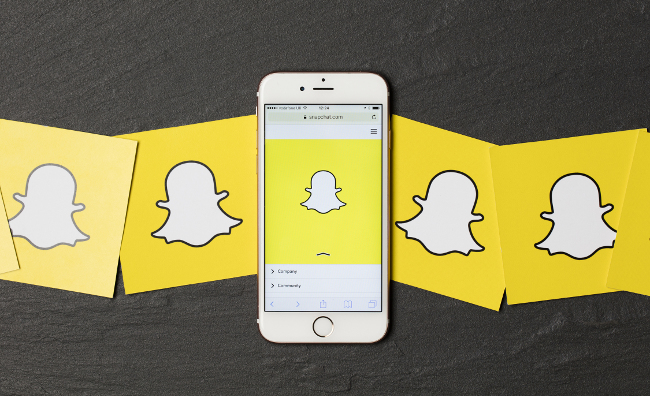
Ever since the election, social media companies have been deeply concerned with fake news. Or, at least, they’ve said publicly they’re worried about it. But what are they actually doing? It turns out the answer to that question ranges from “absolutely nothing” to “fact-checking everything,” and there’s a surprising winner when it comes to who’s the most honest.
Fast Company looked at seven companies to see how they were doing in terms of accountability. Reddit, unsurprisingly, fares the worst, as the site is still clinging to the belief that it doesn’t have to intervene. But right behind them is Facebook. Although the company has taken several steps to combat fake news, and its efforts are becoming more visible, it’s also taken steps backward and seems to only be dealing with the issue directly when governments step in. But even that pales in comparison to the reaction of WhatsApp, the popular chat app Facebook owns and popular hoax target, when asked about fake news:
When I contacted WhatsApp’s U.S. HQ about the matter, a spokesperson responded, “WhatsApp is a personal messaging product that’s end-to-end encrypted so we don’t access to the content of messages. And, we don’t have initiatives related to fake news.” Later, they added, “Right now, we’re prioritizing parts of the platform that we can control (like spam detection innovation) because we know it makes the user experience better.”
Keep in mind, WhatsApp hoaxes have to be debunked by major newspapers, they spread so quickly. Weirdly, the social network that does the best is Snapchat, which has stopped hemming and hawing and cracked down hard on fake news, with both tight control of curated stories and actual journalists finding and spiking fake news:
Snap employs a team of editors and journalists, broken down into verticals like Sports and Entertainment. And any time you see one of its curated stories, full of crowd-shot clips assembled into one big video, know that each of those clips is scanned for factual statements first.
In other words, if you want the most carefully considered, analyzed news content from social media, at the moment, it looks like your best option is the same platform that can’t seem to stop offering its users racist image filters.
(via Fast Company)
